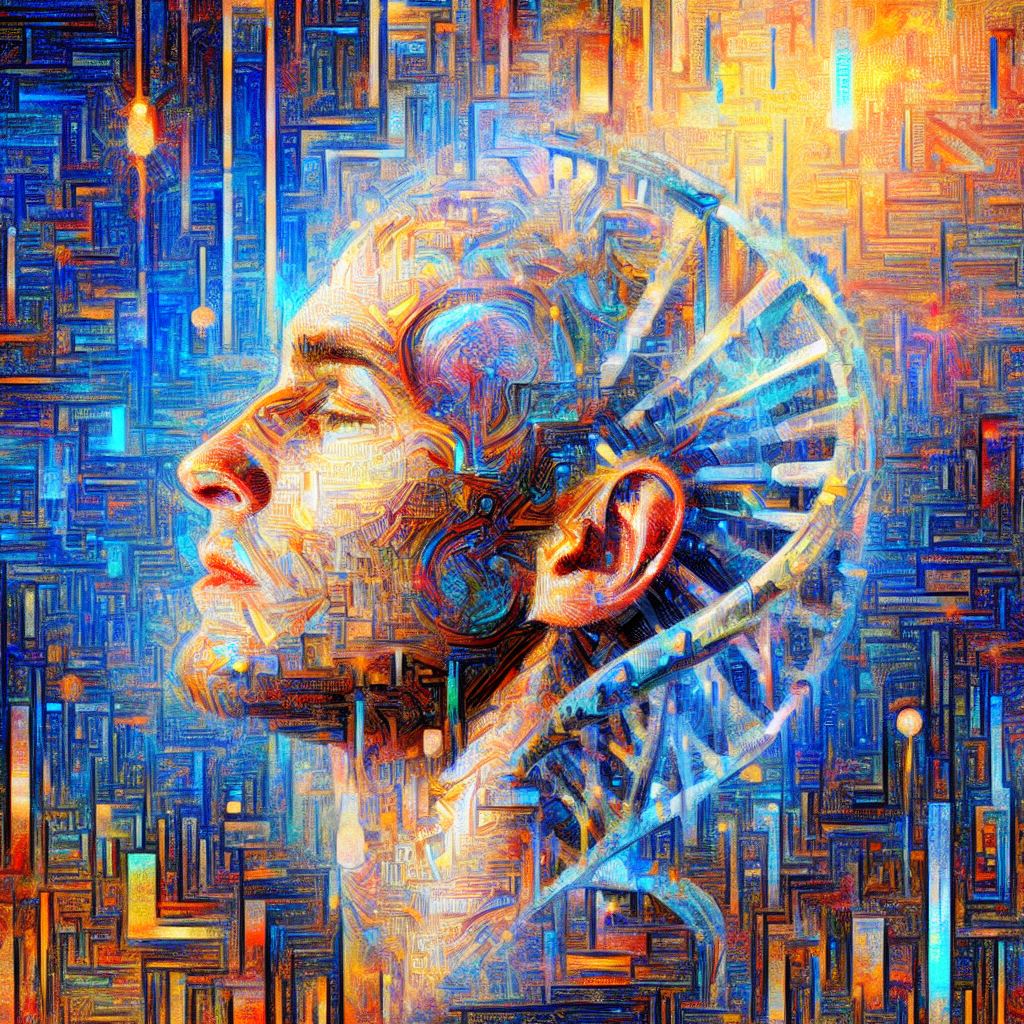1
/
of
1
Wellness Press
CRISPR and the Potential to Edit Genes Associated with Aging
CRISPR and the Potential to Edit Genes Associated with Aging
Regular price
$5.00 USD
Regular price
Sale price
$5.00 USD
Unit price
/
per
Couldn't load pickup availability
Table of Contents
**1. Introduction**
a. Background on the study of aging
b. Overview of genetic contributions to aging
c. Introduction to CRISPR as a revolutionary genetic tool
**2. The Basics of CRISPR Technology**
a. Historical context and discovery
b. How CRISPR works
c. Key components: Cas9, guide RNA, and target DNA
d. Applications of CRISPR beyond aging
**3. Genetic Insights into the Aging Process**
a. Theories of aging: Damage-based, programmed, and others
b. Genes that have been implicated in aging (e.g., telomerase, p16INK4a, and mTOR)
c. Epigenetic changes over the lifespan
**4. The Promise of CRISPR for Aging**
a. Successful experiments: Extending lifespan in model organisms
b. Targeting senescent cells and other age-related pathways
c. Repairing age-associated genetic damage
**5. Challenges and Considerations**
a. Ethical implications of lifespan extension
b. Potential off-target effects and mutations
c. Balancing potential benefits against long-term risks
**6. Beyond Lifespan: Enhancing Healthspan**
a. The distinction between lifespan and healthspan
b. Editing genes to enhance resistance to age-related diseases
c. The role of gene editing in rejuvenation and vitality
**7. Current Trials and Real-world Applications**
a. CRISPR-related interventions currently being tested
b. Potential commercialization and accessibility to the public
c. Regulatory and safety considerations
**8. The Broader Implications for Society**
a. The potential shift in population demographics
b. Economic, social, and resource considerations of a longer-lived populace
c. Philosophical and existential discussions on the meaning and value of extended life
**9. Future Directions and Emerging Technologies**
a. Advancements in CRISPR technology (e.g., CRISPR-Cas12, CRISPR-Cas13)
b. The potential synergy between gene editing and other anti-aging interventions
c. The future landscape of personalized gene editing for aging
**10. Conclusion**
a. Reflecting on the potential transformative impact of CRISPR on aging
b. The balance between promise, responsibility, and caution
c. A look ahead to the future of humanity and aging in the CRISPR era
Share


